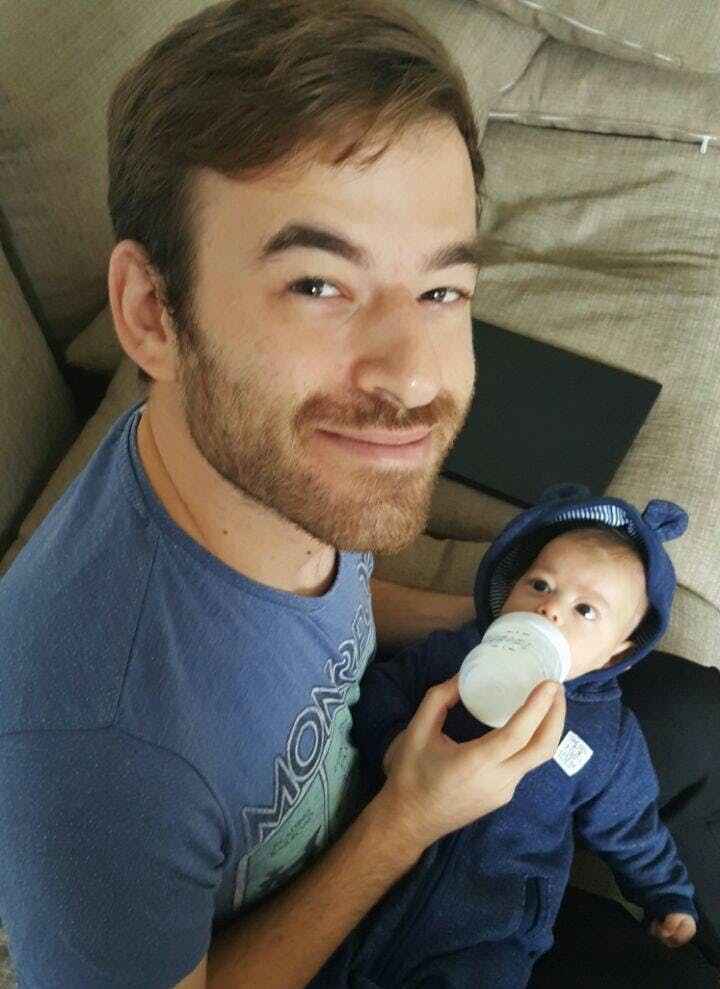The super summarized TL;DR - Talking to your kids a lot when they are young (especially between the ages 0-3 years old) is crucial for their development and can cause a huge difference in their intelligence and other cognitive abilities in the future.
Why do I trust this book ?
The book is written by Dr. Dana Suskind, a professor of Surgery and Pediatrics at University of Chicago Medical Center. She has published dozens of research papers on various subjects, many of them on how language effects brain development on newborns and infants.
The title of the book
"Thirty Million Words" is a reference to the "Word gap" - a study (not published by the author) claiming that one of the main differences between children raised in poverty and children raised in good socio-economic environments is that those raised in better environments hear 30 million more words by the age of 3.
Although this study was done a long time ago and has since been questioned quite a bit (and rightfully so), the author, Dr. Dana Suskind has done many studies of her own on language and brain development, so she does seem legit to me. She adds a lot of information from other studies she's done and researched over the years that give more evidence to this notion.
Going deeper
The book goes into more details about brain development explaining why it's so crucial learning language as early as possible. The brain develops the most during the first three years. After that you can still learn, but it becomes more difficult the older you get (hence the phrase: You can't teach an old dog new tricks).
Understanding language, as well as math and abstract thinking are a fundamental foundation for learning many other subjects further in life. It also helps develop executive function, social and emotional skills.
You also want to push your children to talk more when they're very young. Being supportive of this will help them develop their own way of communicating. The book sums this up nicely using the term The three T's - Talk more, Tune in & Take turns.
This won't be solved with technology
It's easy to assume that exposure to any kind of language is enough, so if my kid watches TV or interacts with a lot of language via apps on my phone then they will also achieve the same development. Studies would suggest otherwise though.
One study found that watching television decreased the amount of words spoken by infants. This is a correlation so we don't know exactly what here caused it, but it's definitely interesting to note.
Another study found that infants that were exposed to Mandarin (a language they weren't familiar with) for a certain amount of hours were able to pick up on certain differences of phonetic units of language, while infants exposed to the same amount of Mandarin exactly but on a screen showed no effect what so ever later on.
What I do and my personal experience (so far)
I'm a very active parent. I try to spend as much time as I can at home with my kids. I know this can't work for everyone, but I'm fortunate to be able to work from home most days and my schedule is very flexible so I try to navigate my day around my children as much as possible - When they come home from school or day care, I usually take a break to be with them a little bit. Later on I will sit down and continue working, but early in the afternoon is where I get some good quality conversations with my son, before all the conversation becomes daily tasks before going to bed.. :/
My wife and I also buy a lot of children books. We read to them a lot and try to read a big variety. We also go with them to the library a lot. I think this is a really great activity and I'm always surprised that many parents don't even know where their local library is! I think this is also important to get them used to the idea of taking books and returning them frequently.
I try to read to my son every night when he's in bed. This is my favorite part of the day. I read with him for about 10 minutes, and then sometimes stay to talk a little with him. The end of the day energy is perfect for hearing what's on his mind or answering some random questions he has. I usually try to share with him something from my day as well.
Since pre-k all the teachers always told us that our son has a very good vocabulary. I've seen first hand how this helped him learn new things quickly, and more importantly give him the ability to express himself better at a very young age. My daughter doesn't talk yet, she's only 13 months old. Maybe i'll do a follow up on her as well. It might be interesting to compare.
